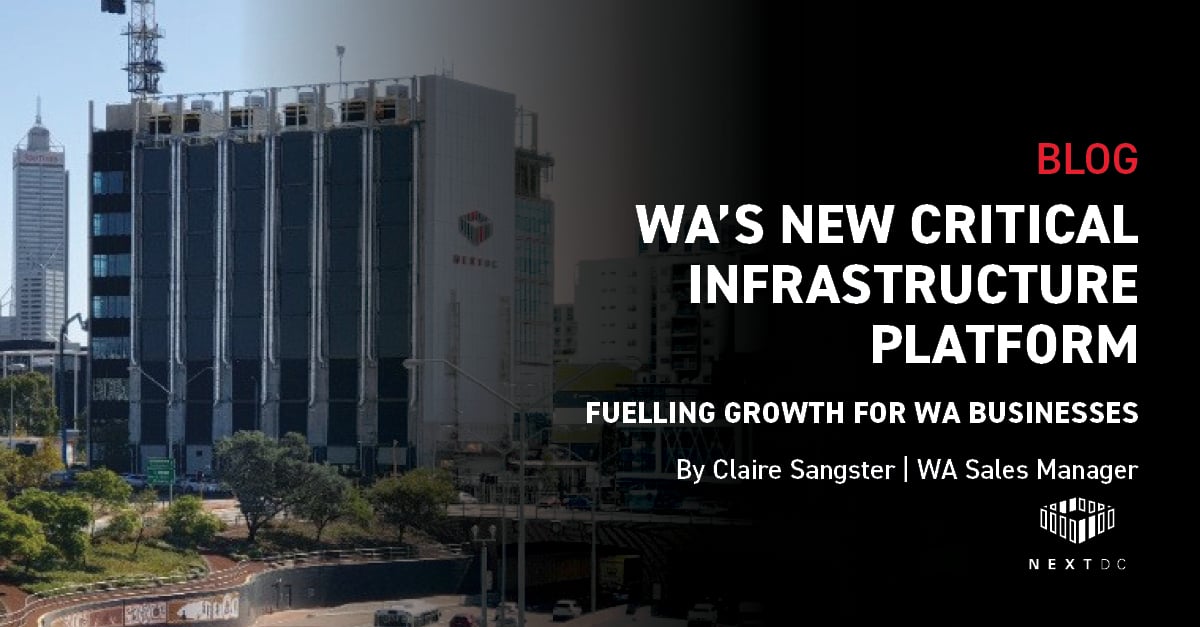By Marcelo Goncalves, Head of Enterprise and Government Sales
The concept of optionality as a strategic lever for technology investment decision-making is not new for many organisations in the financial services industry (FSI). However, over the past 18 months, in the shadow of great change and unforeseen disruption, it has jostled its way to the forefront of many FSI Hybrid IT discussions.
The reason for this is simple: as risk and business uncertainty continues to increase across the globe – a state-of-play that looks set to be the status quo for the foreseeable future – optionality offers us the flexibility to respond quicker to disruption, do more with less and to make development and change happen faster.
More than one solution
While there’s no singular definition for optionality, Ravi Mayuram – SVP of Engineering and CTO at tech startup Couchbase – suggested recently that we can think of it as “something that has more than one good solution for a complex challenge”. By his assessment, it is characterised by having an underlying flexibility to quickly find the most suitable pathways to successful outcomes for specific tasks.
It’s tempting to think of optionality as being interchangeable with flexibility and scalability. While they are closely related, it’s important to note these three concepts are not one and the same. Optionality allows you to do something very different from the original intended purpose of the product or service that you’ve built. For example, leveraging an existing product or offering to develop new applications that meet new or evolved business or customer requirements.
Optionality is particularly critical for financial services companies because of the very nature of the industry, where we see a high degree of risk and uncertainty at any given time. Success is dependent on mitigating these risks and being ready for anything unforeseen.
Additionally, financial services customer requirements are changing rapidly, and providers must move quickly to meet them. In short, optionality is no longer a nice-to-have – it has become table stakes for Hybrid IT strategists in this industry.
As Alicia Aitken, a complex project advisor to the financial services industry, puts it: “Whenever you’re coming up with a solution or investment opportunity, for me, it’s all about optionality. There is no one right solution anymore and putting only one option on the table always makes me suspicious, because there are always so many combinations and permutations that could get us to a better outcome.”
Benefits of optionality in digital infrastructure planning
In the context of digital infrastructure, optionality is an effective strategy to ensure your organisation achieves its future-state, faster, compliantly and successfully. It is about leveraging all the infrastructure options available to your organisation and embracing strategic planning and solution design, which enables you to take advantage of the full gamut of options available.
Currently, we’re seeing a strong shift to hybrid cloud across financial services and associated industries, as this model provides a high level of resilience and speed to market. There has been a distinct shift away from organisations building their own data centres, simply because they can’t be scaled to meet unknown future requirements at the speed and flexibility needed to achieve the desired future state.
Additionally, transitioning to as-a-Service cost models, organisations may be able to unlock capital tied up in older data centres – allowing those resources to be reinvested in innovation that enhances customer experience and creates new value streams.
Colocated environments, coupled with proximity to public cloud and high-performance, flexible interconnection with other digital services (including legacy IT), allows organisations to maximise value from hybrid cloud architecture. Put simply, it helps to meet and exceed speed and performance objectives through enhanced connectivity and capacity planning, all achieved with no compromise on security and compliance imperatives.
The approach we’re now seeing from leading financial services organisations is increasingly focused on customer outcomes. It’s less about the cloud as a platform, and more about what it can do for customers – whether that be better intelligence, security or services.
In this respect, colocation with secure, private interconnection with close proximity to cloud is enabling our customers to scale with optionality but also to not feel ‘locked in’ to vendors or technologies – something which may have been the case with previous approaches to technology investments.
The importance of partnering strategically
The importance of selecting the right data centre partner to support your digital infrastructure strategy cannot be overstated.
The right partner will help embed optionality into your core operations by providing you with greater choice via a comprehensive cloud and services ecosystem. Furthermore, they will help you leverage the cost and resource optimisation opportunities made possible through scaled, diverse, purpose-built data centres and proven digital infrastructure platforms.
Choice should be a prominent feature of your data centre partner’s offering – afterall, we’ve forever been told that choice is one of the greatest benefits from a move to the cloud. The right partner will provide an immediate benefit from broad choice and proximity to cloud services, as opposed to relying on your own enterprise or on-premises data centre.
While cloud adoption is increasing rapidly, it’s critical that ‘cloud’ itself does not become a commodity or an abstract concept. You need to have absolute confidence in the capabilities and quality assurance of the partner managing it for you to ensure you have peak optionality, flexibility and reliability – not to mention compliance with safety, resilience, security and data sovereignty requirements.
Download our report to find out how NEXTDC is partnering with leading organisations in the financial services industry to support digital infrastructure strategies that embrace optionality, scalability and flexibility.


